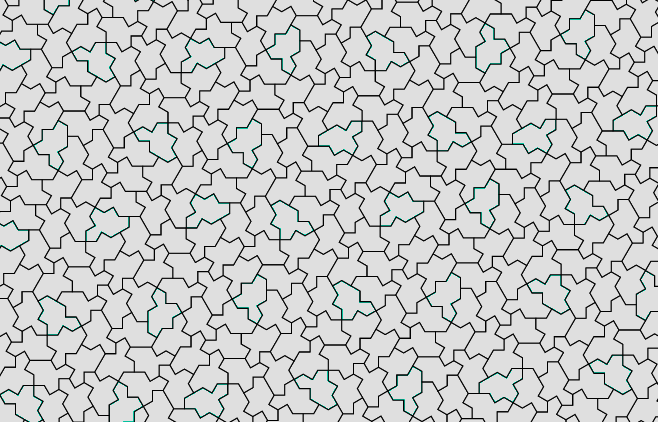

Good points, I’m reevaluating my perspective on quantum computing.
From the article you posted, it says that “certain chemistry, quantum materials, and materials science applications” are suitable for quantum computing but that “accelerating incompressible computational fluid dynamics” aren’t suitable with current understanding of how the algorithms could work.
My takeaway as someone with a couple years of CS education from years ago is that the qcomputers are good at gradient descent/simulated annealing or something like that but that advantage disappears with more complex problems. Also that we’ll need a few more orders of magnitude qubits to make the output “interesting.” Still though, helpful to see that something worthwhile is stirring under all that research , I appreciate the insight!






My current ride is peak technology imho: